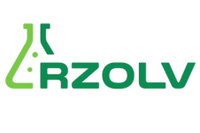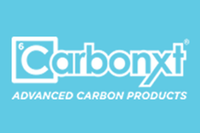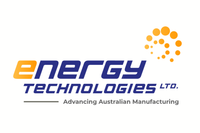Panasonic's Domination of EV Battery Market May Shift by 2020
Panasonic currently holds a 39-percent share of the electric vehicle battery market. However, LG Chem and Samsung SDI are jostling to displace the company.
The growing market for battery electric vehicles, spurred on by government subsidies and committed investors, has generated a new market for electric vehicle (EV) batteries.
According to a report from Lux Research, Panasonic (TSE:6752) is currently the leader in this burgeoning market, holding a 39-percent share of the market. However, researchers have suggested that LG Chem (KRX:051910) could overtake the company’s dominant market position as soon as 2020.
A growing market
The report, titled “Watch the Throne: How LG Chem and Others Can Take Panasonic’s EV Battery Crown by 2020,” estimates that the EV battery market will reach $30 billion by 2020. That figure is likely no shock to anybody following the EV market — more and more companies are producing EV alternatives, and consumers are increasingly choosing this environmentally friendly option.
Elon Musk’s Tesla Motors (NADAQ:TSLA) is leading the way in terms of EV adoption. Although the company represents less than 0.1 percent of global automotive sales, it is steadily gaining ground within the mainstream market. According to The New York Times, the company estimates that it will sell 500,000 vehicles a year by the end of the decade and over a million cars a year by 2025 if its new Model X sport utility vehicle and the mass-market-oriented Model 3 take off. Panasonic’s deal with Tesla is what gives it dominance within the EV battery market.
Increasing EV diversity
Of course, as the EV market becomes more diverse, opportunities for other battery manufacturers to challenge Panasonic’s position will increase. Indeed, according to Cosmin Laslau, lead author of Lux Research’s report, “the battery world’s big three — Panasonic, LG Chem, and Samsung SDI — are engaged in an all-out war for market share in the emerging plug-in vehicle opportunity, yet their strategies differ wildly.”
LG Chem has deals with General Motors (NYSE:GM), Volkswagen (ETR:VOW), Daimler (FWB:DAI) and Ford (NYSE:F) to manufacture batteries for their plug-in vehicles, which are rapidly gaining market share. For example, Volkswagen sold 9.6 million units last year, and is hoping for even more impressive statistics by 2020. By that time, the company will have released 20 EV options. LG may also have the opportunity to win over Nissan (TSE:7201), whose current battery supplier has underperformed due to high costs and lagging technology.
View to the future
These companies are also looking at creating more efficient, lower-cost and higher-performance batteries. For instance, Samsung Electronics (KRX:005930) has invested in Seeo, a company creating high-energy lithium-ion batteries based on a nanostructured polymer electrolyte, and XG Sciences, which develops and manufactures graphene nanoplatelets.
These investments indicate that the companies are looking to the future in order to secure their place in the growing EV battery market. The market is still too new to know who the major players will be in the long run. However, as the Lux Research report indicates, companies are doing everything that they can now to ultimately get their names on that list.
Securities Disclosure: I, Morag McGreevey, hold no direct investment interest in any company mentioned in this article.
Related reading:
What is Cleantech Investing?
Top Regions for Cleantech Investing




